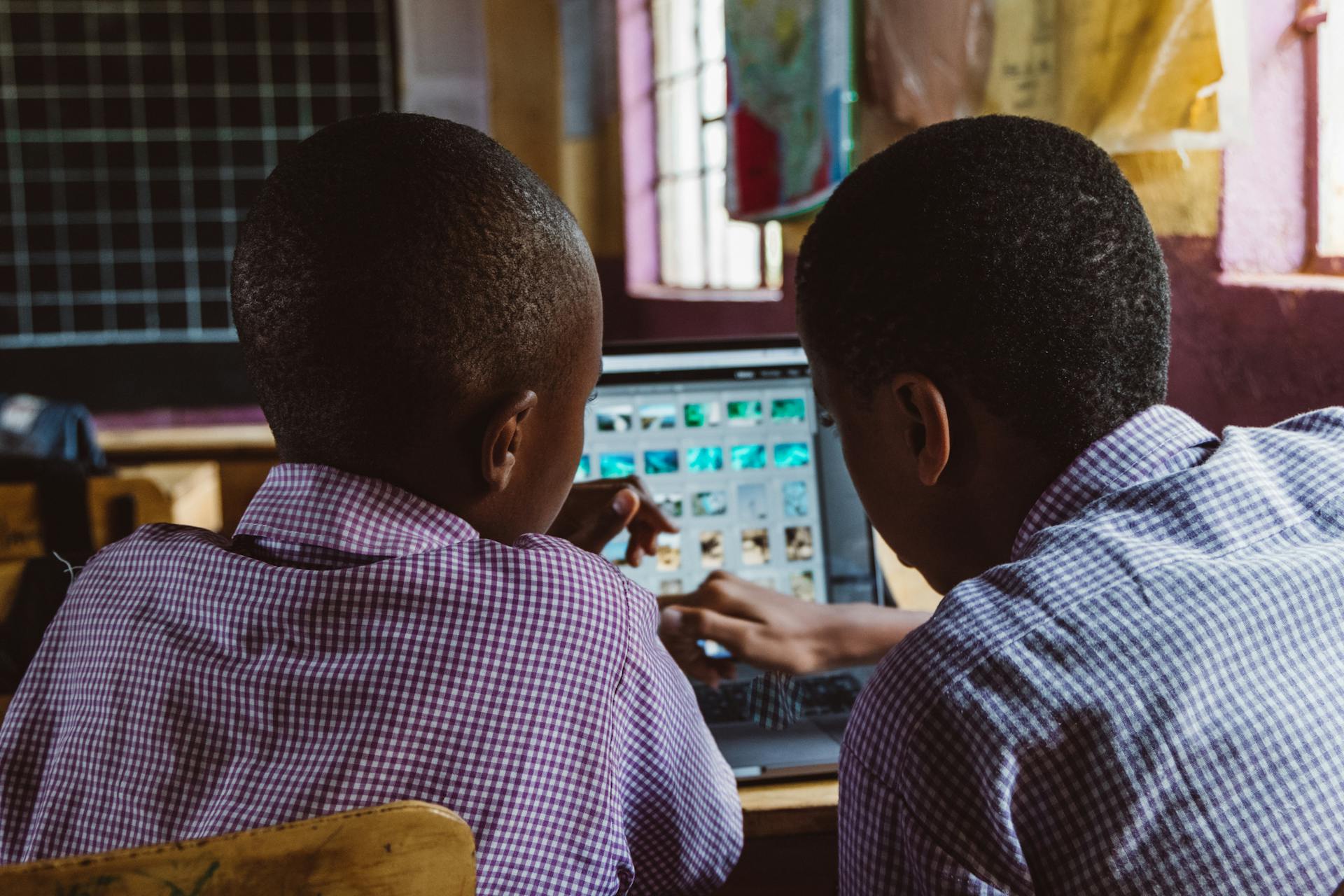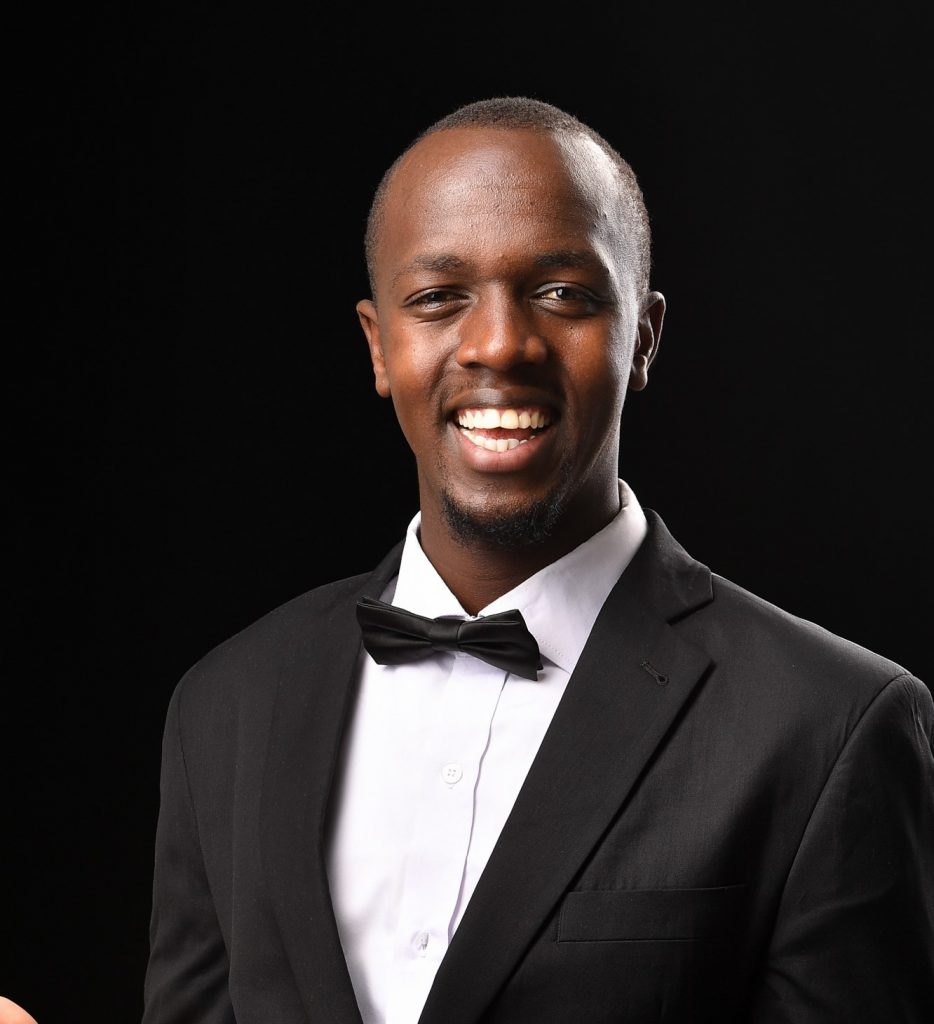Before the current formal education system, people used to learn through apprenticeships. One would be taken under the wings of an expert in a craft and spend years learning the craft. However, this changed around the 18th century. Education started becoming more standardised.

Formal education improved education access but removed the personalisation that came with direct mentorship. The question then remained: what would be the effect of introducing personal mentorship in formal education? This was only possible on a small scale. There are not enough teachers to go around for each student.
In 1984, Benjamin Bloom conducted an experiment to test the effect of tutoring on a student's performance. In his paper, he asserted that tutoring could improve a student's performance by two deviation points (two sigmas). This means that tutoring has the potential to take a student performing at the 50th percentile to the 98th percentile.
Such an improvement would be tremendous, especially in the case of Africa. If kids from poor households who depend on education to raise their chances in life could access a tutor, they would move from failing in class to outperforming kids in well-to-do households who have access to the best schools.
Bloom’s findings have grown in popularity, especially with the growth of generative artificial intelligence. With the recent announcement of ChatGPT-4o tutoring capability, the gap in education access between the rich and the poor might be on the brink of being obliterated.
Khan Academy Founder Sal Khan highlighted the potential of artificial intelligence in his 2023 TEDx Talk.
Despite the promising effects of tutoring, many people have critiqued Bloom’s results. In fact, no one has been able to replicate the results. But there is still hope. Other researchers who have looked at the effects of tutoring find that tutoring done in the right way can improve a student's performance by 33%. This is only a third of a deviation point, a far cry from Bloom’s two deviation points, but it is still quite significant.
This means that a student scoring 50% on their Maths test can be tutored to score 67%. In the Kenya Certificate of Primary Examination (KCPE), where a student is tested on five subjects, this would mean moving from a total score of 250 marks to 333 marks. This would place the student at about the 80th percentile. Not shabby.
The advancement in AI technology can tremendously improve Africa's education by empowering many students to learn and perform better. This would be a remarkable return on investment for many African families who invest all their resources in educating their children.
How can AI improve education in Africa?
1. One-to-one tutor-student match-up
Artificial intelligence provides the capability for each student to have access to an online tutor, as long as they have access to the technology. AI tutoring has the capability to understand the level at which the student is at. Then, it finds a way of engaging the student at that level until they understand.
ChatGPT’s capability might not be the best but there are different companies that are invested in curating and training this AI for educational purposes only. This tremendously improves the capabilities of the chatbot. Two main companies are doing this at the global level: Alef Education and Khan Academy with Khanmigo. In Africa, the educational technology space is growing rapidly and it is just a matter of time before we see such technologies being adapted.
Granted, there are EdTech companies improving access to education, and they are also employing artificial intelligence. One of the companies focused on tutoring is Edukoya, from Nigeria. However, Edukoya still relies on tutors to deliver to the students. Others, such as FoondaMate, use WhatsApp chatbots to deliver material to students.
2. Addressing the teacher shortage
According to the United Nations (UN), there will be a teacher shortage in Sub-Saharan Africa to the tune of 15 million teachers by 2030.
The United Nations Educational, Scientific and Cultural Organization (UNESCO) recommends a student-to-teacher ratio of 25:1 for primary schools. The 15 million teachers are to satisfy such guidelines, not for one-to-one tutoring. If students in African schools were to receive one-to-one tutoring, assuming the teacher can handle even 5 students, then we need about 60 million more teachers on top of the 15 million deficit.
Aside from the sheer numbers, the resources needed to accomplish these are enormous. However, with technology, this gap can be considerably narrowed.
3. Localising content
Properly trained artificial intelligence can help localise a lot of the content that students are learning in school. Considering the multiplicity of cultures within Africa, it is vital that the content the students learn is of a global standard but localised to their culture and environment.
4. Personalising learning content and experiences
In addition, this technology has the capability to understand the student’s strengths and weaknesses. Therefore, it can adapt learning material and exercises to the student’s needs in real time. Learning becomes fun and engaging for the students.
The challenges of AI in African education
a) Access and infrastructure
One of the biggest challenges in using AI in African education is access. Many areas in Africa still lack basic infrastructure like reliable electricity and internet access. Without these, it's hard to use AI tools that require a stable internet connection. Schools in rural areas often struggle the most, as they are far from cities where such infrastructure is more developed.
b) Quality of content
Another challenge is ensuring that the AI-powered educational content is of high quality and relevant to the students' needs. Sometimes, the content available might not be in the local languages or might not reflect the cultural context of African students. This can make it difficult for students to relate to and understand the material.
c) Teacher training
For AI to be effective in education, teachers need to be properly trained to use these new tools. Unfortunately, many teachers in Africa have not received adequate training on how to integrate AI into their teaching. Without proper training, teachers might not be able to fully utilise AI tools, and the potential benefits of AI in education might not be realised.
d) Data privacy and security
AI systems often require a lot of data to function properly. This raises concerns about data privacy and security. It's important to protect students' personal information and ensure that their data is not misused. In Africa, where laws and regulations around data privacy might not be as strong or well-enforced, this is a significant challenge.
e) Digital literacy
Finally, there is the challenge of digital literacy. For students and teachers to effectively use AI, they need to have basic digital skills. In many parts of Africa, there is a lack of digital literacy, which can hinder the use of AI in education. It's crucial to teach these skills from a young age so that students can take full advantage of AI technologies.
Wrapping up
AI can change how we go about education in Africa. Its potential might seem far-fetched but understand that the AI revolution is just starting and this is the worst AI will ever be. From here, it can only get better and more accessible. It is high time Africa jumped on the opportunity and levelled up with the world while we can.





